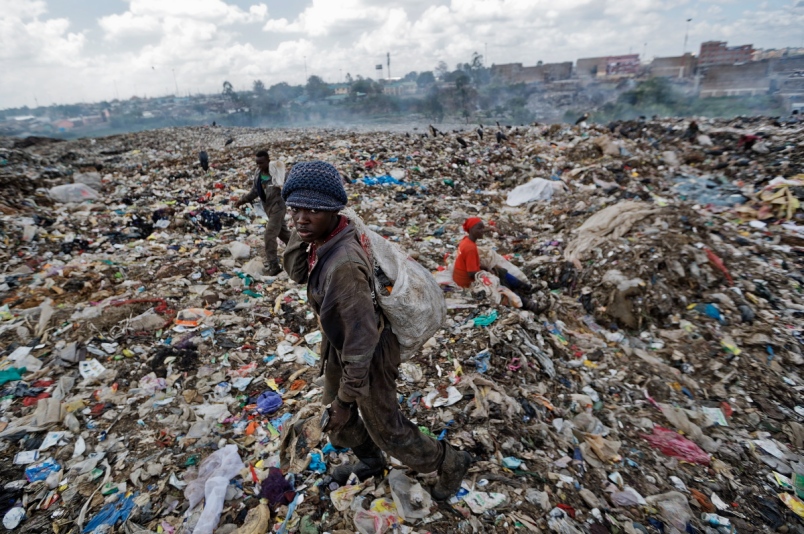
Never before in human history has the Earth been so endangered, and right now plastic pollution is one of the foremost environmental issues. With the world windmilling on the edge of a precipice, we can no longer afford to dawdle on changes, and youth are the prime candidates in forging this transformation.
I am a 16-year-old high school student from Victoria, and an environmental activist.
I began working on my first environmental issue, shark finning, when I was 12 years old, helped by my amazing teacher Margaret McCullough, who guided me and a small cluster of other students. Charlotte Brady, who would become my best friend and partner, was also a part of the group. However, it wasn’t until we were 13 that we became partners and joined the Surfrider Organization to work on its Ban the Bag campaign in Greater Victoria to end the distribution of single-use plastic bags.
This story raises a blunt, yet reasonable, question: Why should I care? Why do a few pieces of plastic and a ban even matter? True, Canada isn’t the largest producer of plastic, but per capita we are one of the largest users, and as a country that spans an entire continent and touches three oceans, we should definitely care.
Most plastics eventually end up in the sea from land runoff. And as the country that contains 20 per cent of the world’s freshwater, we have an obligation to take action on plastic pollution, especially if we demand that more prolific plastic-using countries undergo the changes that we are unwilling to make.
Despite plastics’ lovely convenience, they have extreme impacts on all ecosystems and remain in the environment for hundreds of years, breaking down into progressively smaller pieces and absorbing toxic chemicals such as PCBs and heavy metals. These plastics are often ingested by aquatic animals and kill hundreds of thousands of creatures each year. Canada’s own Great Lakes are notorious for containing microplastics, which are plastic particles under 5 mm and over 0.5 mm, and due to their size, impossible to remove from the environment.
For years, we worked on the issue tirelessly to protect our oceans. We’ve talked with business associations and municipal councils, educated the public and engaged with schools. We’ve held meetings with many politicians, conducted a science fair project, and given speeches at several events.
And then, on Dec. 5, the House of Commons unanimously passed Motion M-151 put forward by Courtenay-Alberni MP Gord Johns. This momentous step will help provinces move forward with regulating single-use plastic items such as bags, straws and disposable food containers. For me, this was surreal. I’d always considered a national breakthrough as beyond our reach, but in reality that was exactly what Canada needed to move forward.
Currently, Charlotte and I are working on Surfrider’s Single Use Plastic Free Schools B.C. campaign to help schools in British Columbia become more sustainable. We’re also aiming to successfully bring students together to tackle plastic pollution, and recently formed Kids for a Plastic-Free Canada, which will help implement the upcoming changes for Motion M-151. Against the odds, the future — our future — seems brighter.
And that’s why we need youth. It’s our future, and we have the right, the same as any other person, to be involved in fighting for it. With the explosion of social media in the 21st century and the surge of industry in the 20th, the young members of our society have grown up connected to all corners of the globe and surrounded by the most devastating issues in human history. It is precisely these circumstances that enabled youth to become the forces for environmental change that they are today.
When looking at news or statistics, one can feel overwhelmed by the hopelessness, the political uncertainty, the natural disasters, but it is also important to remember that there are windows for change that can slowly but surely be wedged open. Change is not instantaneous; it doesn’t occur after one meeting, one petition, one municipal presentation — it takes years of work. Change isn’t a sprint, it’s a long, hard marathon that can test your faith and resolve.
And despite all the scientific evidence and support, there will always be a small percentage of people who will fight and kick and bite to prevent change, no matter how much it is needed to protect the future. But we still need to try, or what else is there left to do but wait for the world to wither away?
